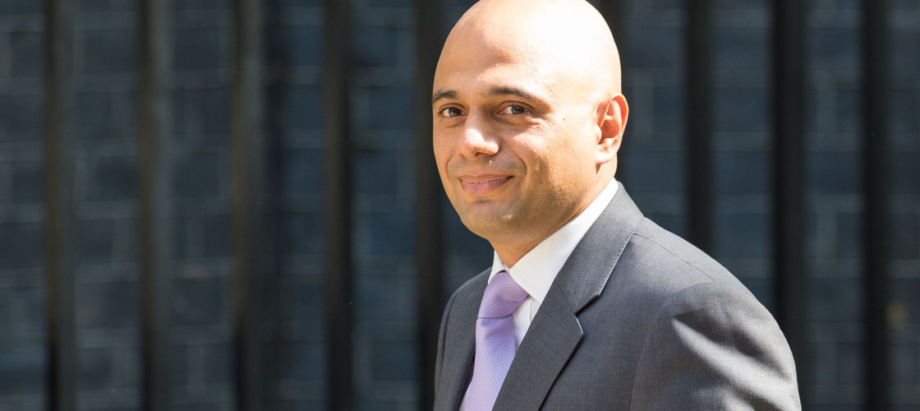The largest local authorities in England are to be allowed to raise council tax by up to 5.99% next year.

Communities Secretary Sajid Javid said councils would be able to increase core bills by 3% in April without having to hold a referendum, up from 2% now.
Combined with the 3% “precept” for those councils funding social care, it means some bills could rise by up to 5.99% without voters having a say.
Local government leaders have said they are at “financial breaking point”.
And the Taxpayers Alliance said it “beggared belief” that tax bills could be allowed to rise at almost twice the current 3.1% rate of CPI inflation.
On Tuesday, the government announced that council tax bills could be increased to help provide extra funding for police in England and Wales.
At the moment, councils in England that fund social care provision – county councils, unitary authorities, metropolitan districts and London boroughs – are allowed to increase bills by a maximum of 4.99%.
Outlining the provisional local government funding settlement for 2018-19, Mr Javid said the one percentage point increase to 5.99% would give local authorities “the independence they need to help relieve pressure on local services” while “recognising the need to keep spending under control”.
Some councils that fund social care directly are expected to implement the maximum 5.99% increase.
The BBC’s political correspondent Iain Watson said, if that happened, that would see the average annual council tax bill for a Band D property rise by £95.
However, the size of rises will vary area by area, as council tax bills are made up of several components – depending on the make-up and responsibilities of different bodies.
In 2012, the coalition government introduced a rule which means that any proposal to increase council tax by 2% or more in England must be put to a local referendum.
Amid concerns about the growing cost of social care, ministers gave councils powers in 2015 to charge a 2% precept for each of the next three years to pay specifically for care of the elderly. Earlier this year, they said this would increase to 3% in each of the next two years.
Surrey County Council abandoned controversial plans earlier this year to hold a referendum on a 15% rise in council tax which it said was needed to pay for social care, instead hiking bills by 4.99%.
The Local Government Association, which represents councils in England and Wales, said the latest move would raise just £250m a year towards a town hall funding gap expected to reach £5.8 billion by 2020.
“Years of unprecedented central government funding cuts have left many councils beyond the point where council tax income can be expected to plug the growing funding gaps they face,” said Lord Porter, the Conservative peer who chairs the organisation.
The Association of Directors of Adult Social Services warned that the councils with highest levels of disability were likely to benefit least from the additional 1% permitted hike, due to a lower tax base.
“Allowing councils to increase council tax by 1% next year is woefully inadequate to address the funding gap facing adult social care,” warned its director Margaret Willcox.
Meanwhile, the TaxPayers’ Alliance said average council tax levels had doubled in the past decade and councils should focus instead on making efficiencies and “rooting out” out waste.
“With wage growth stagnating and the cost of living on the rise, it beggars belief that politicians are asking for powers to take even more of people’s hard-earned money,” its chief executive John O’Connell said.
The Department for Communities and Local Government said even if every local authority imposed the maximum rise permitted without a local referendum, the average Band D council tax bill in 2018/19 would still be lower in real terms – without taking inflation into account – than in 2010-2011.
In his statement, Mr Javid also announced the rollout of a pilot under which 10 councils – Berkshire, Derbyshire, Devon, Gloucestershire, Kent, Leeds, Lincolnshire, Solent, Suffolk and Surrey – will be allowed to retain 100% of business rates raised locally, along with new powers for Police Commissioners to raise council tax.
Labour denounced the package as “piecemeal”, warning that ministers had failed to set out a “sustainable plan” for the future of social care.
Kindly follow us on twitter:@AfricanVoice2









